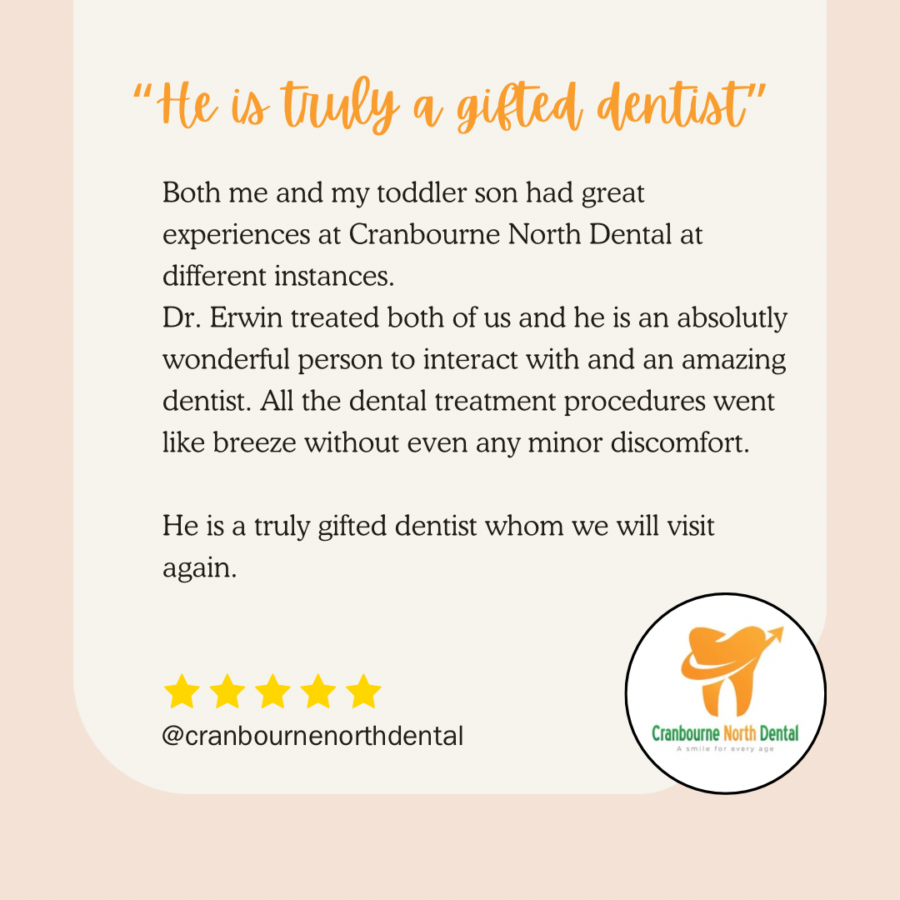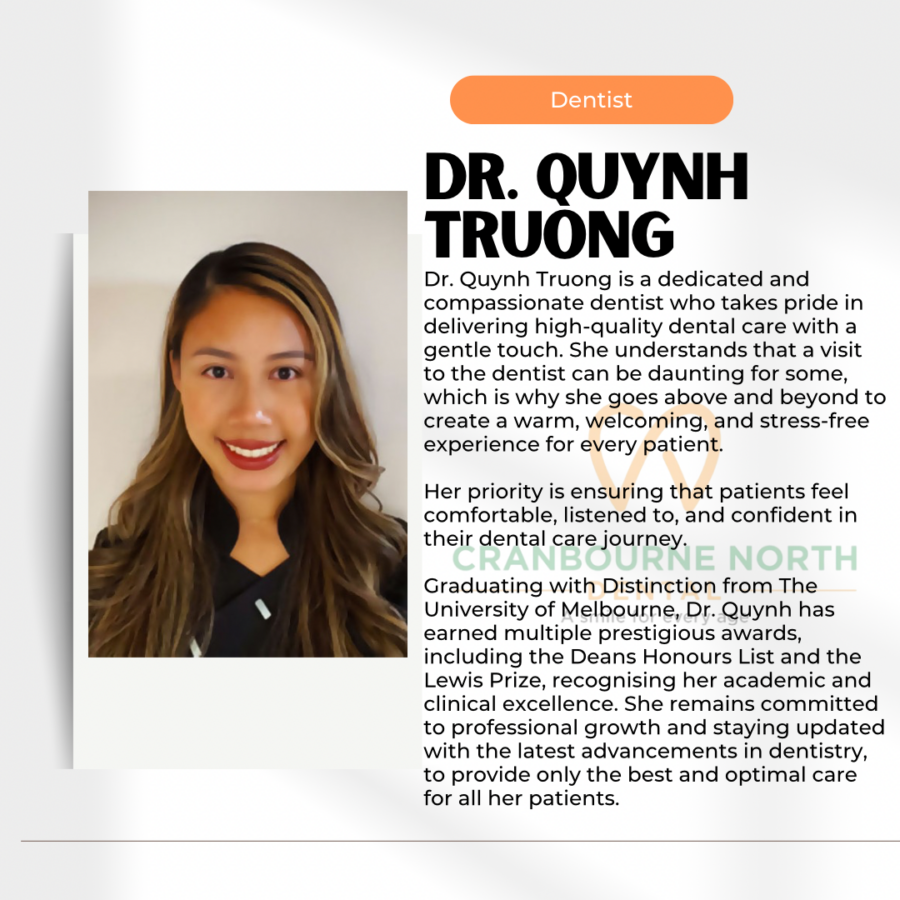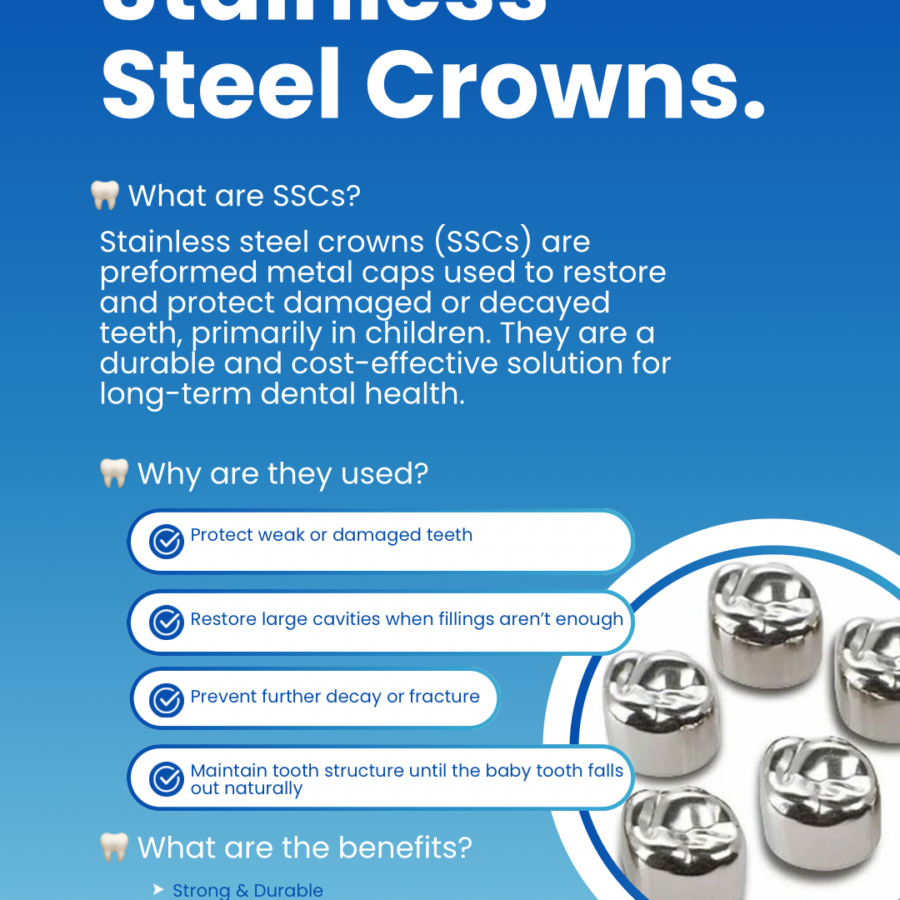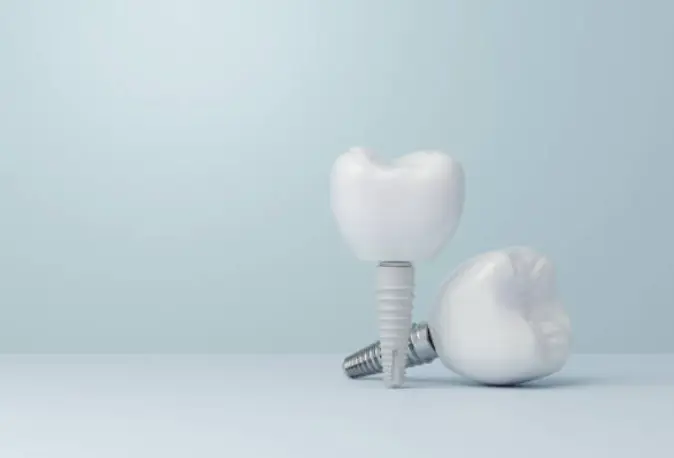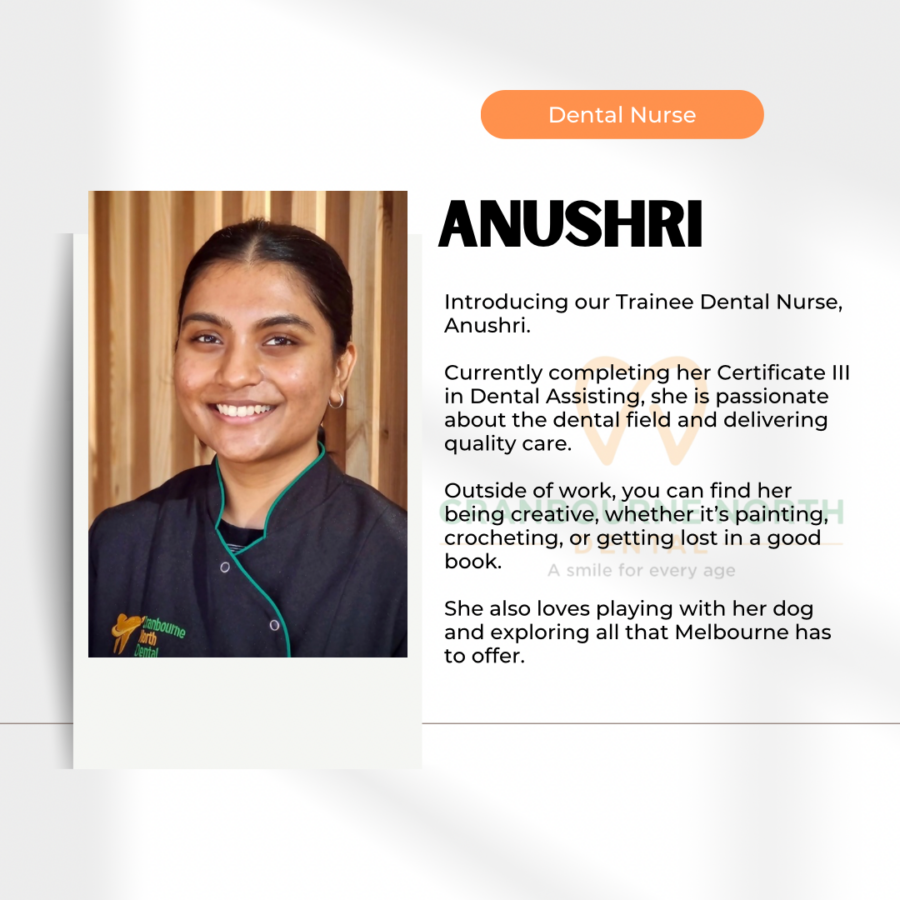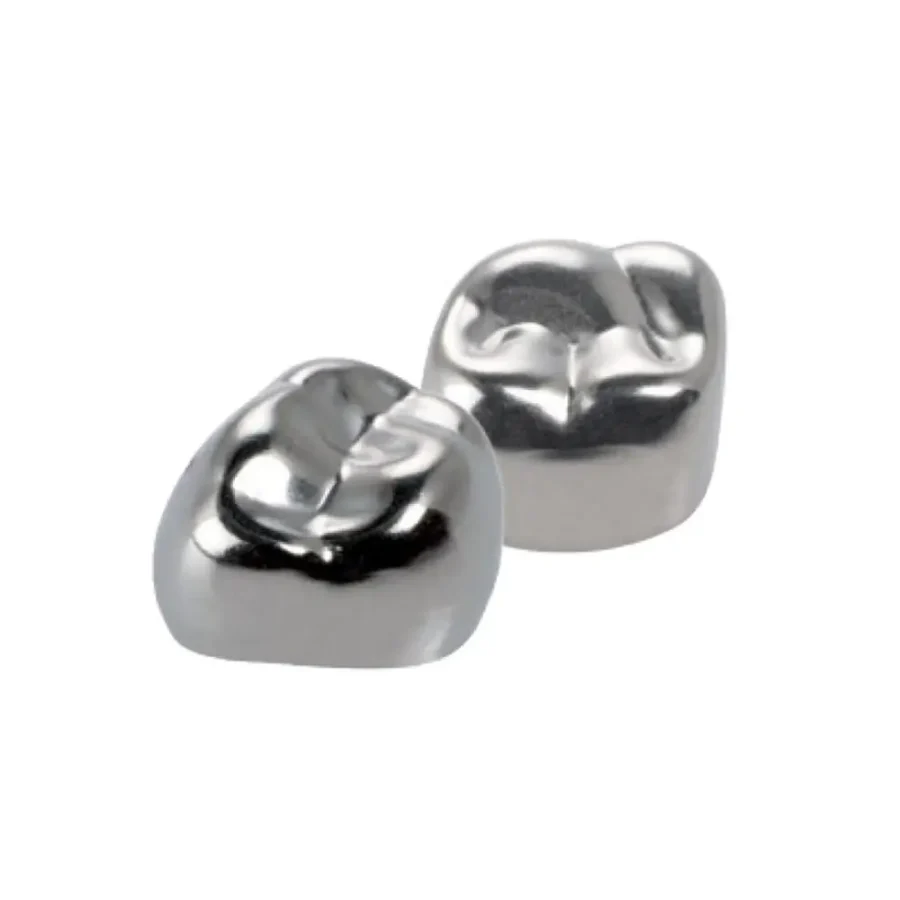What is a toothache?
A toothache refers to pain or discomfort in and around a tooth. It can range from mild sensitivity to severe throbbing pain and is often a symptom of an underlying dental issue.

Causes
A toothache can be caused by various dental issues, including:
Tooth Decay
The most common cause, as bacteria damage the tooth enamel, leading to cavities and sensitivity.
Gum Disease
Inflammation and infection of the gums can result in pain and discomfort.
Dental Abscess
Pus-filled pockets around the tooth or in the gums can cause severe pain.
Damaged Fillings
Cracked or loose fillings can cause sensitivity and pain.
Tooth Fracture
Cracks or fractures in the tooth can lead to pain, especially while chewing.
Exposed Tooth Roots
Receding gums or gum disease can expose the tooth roots, leading to sensitivity.
Impacted Wisdom Teeth
Wisdom teeth that don’t have enough space to emerge properly can cause pain.
Trauma
A knock to the tooth can cause nerve problems in a tooth.
Non dental related
Sinus Infection- sometimes, pain from a sinus infection can be felt in the upper teeth.
Symptoms
Symptoms of a toothache, or tooth pain, may include:
Persistent Pain
Unrelenting discomfort or throbbing pain in the affected tooth.
Sensitivity
Heightened sensitivity to hot or cold temperatures, often resulting in sharp pain.
Swelling
Swelling and tenderness in the gums or around the affected tooth.
Pain While Chewing
Discomfort or sharp pain while chewing or biting down.
Headaches
Persistent headaches, especially concentrated around the affected tooth.
Bad Taste or Breath
Unpleasant taste or bad breath, often indicating an underlying issue.
Visible Signs
Visible signs of decay, discoloration, or swelling around the tooth.
Jaw Pain
Pain or tenderness in the jaw, particularly near the affected tooth.


Treatment
Effective treatment for a toothache involves targeted interventions based on the underlying issue:
Dental Fillings for Cavities
Addressing cavities with dental fillings to alleviate pain and restore tooth structure.
Root Canal Therapy for Infections
Conducting a root canal procedure for advanced decay or infections, removing diseased pulp and sealing the tooth.
Tooth Extraction when Necessary
Extracting irreparably damaged or infected teeth to prevent further complications.
Professional Dental Cleaning
Performing a thorough dental cleaning to address gum-related toothaches and promote overall oral health.
Pain Medications for Relief
Pain medications for symptomatic pain relief.
Timely intervention is key to alleviating pain and preventing further complications. So contact us now!
Contact Cranbourne North Dental For Toothaches
If you’re struggling with tooth aches, Cranbourne North Dental can help. Our experienced team will assess your situation, identify the underlying cause, and provide personalised solutions to improve your oral health. Don’t let sore teeth affect your daily life — schedule a consultation with us today and take the first step towards better oral health.
Our Treatments
Frequently Asked Questions

What is the best pain relief for a tooth ache?
The best pain relief for a tooth ache is usually to take an anti-inflammatory like Ibuprofen regularly according to the packet directions. This is provided that you are medically able to take Ibuprofen.
If not, you can take paracetamol regularly and there are combination painkillers that combine ibuprofen and paracetamol.
Whatever pain relief you take, you must ensure that you follow the packet directions and take the appropriate amount. Try not to mix and match pain relief because the concentrations may vary or you may double up.
Early stage tooth aches, cold water may aggravate the area but in later stage severe toothaches, cold water may soothe the area. A cold pack to the area may also help.
Avoid eating anything very hard but it is still important to eat something especially when taking pain relief.
Does mouth gel from the pharmacy or clove oil work for a toothache?
Seek individual advice from the pharmacist or call your dental professional.
Anti-inflammatory gels applied topically in the toothache area may help if the pain is more related to the gums. If it is due to a tooth, it is unlikely to help. There is no scientific evidence supporting the use of clove oil but some report it helps temporary relief from pain.
Most over the counter remedies are only meant for symptomatic short term relief and ensure you are only usually TGA approved medications after checking with the pharmacist to ensure safety.

